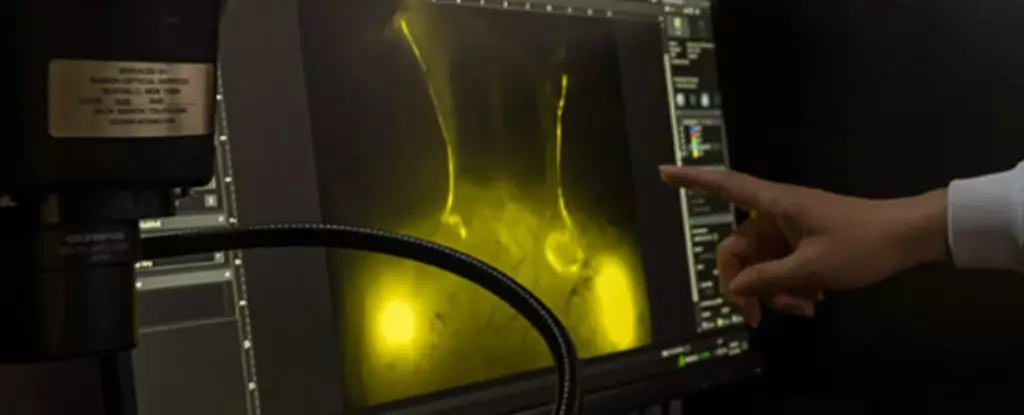Recent research from the University of Rochester has shed light on the potential of using a drug typically used to induce labor to protect the aging brain. The drug, prostaglandin F2α, has been shown to trigger contractions in the neck’s lymphatic vessels of rats, effectively stimulating the brain’s ‘sewage system’. This system, known as the glymphatic system, is responsible for clearing out toxic waste from the brain and maintaining its health. The study revealed that in older rats, the lymph vessels responsible for draining cerebrospinal fluid (CSF) functioned significantly slower compared to younger rats, putting them at greater risk of cognitive decline.
Restoring Brain Health with Prostaglandin F2α
Researchers at the University of Rochester found that by administering prostaglandin F2α to older rats, they were able to restore the flow of the glymphatic system to levels comparable to younger rats. This discovery is significant in the realm of neuroscience, as it offers a potential treatment strategy for age-related neurodegenerative conditions such as dementia, Alzheimer’s, and Parkinson’s disease. The drug, already in clinical use for labor induction, holds promise for future therapeutic interventions aimed at protecting the aging brain.
The study focused on the cervical lymph vessels located in the neck, which were found to be the primary drainage route for CSF in rats. Administering prostaglandin F2α topically to these vessels significantly improved the flow of CSF in older rats, highlighting the potential for targeted interventions in humans. According to mechanical engineer Douglas Kelley, the convenient location of these lymph vessels near the skin makes them favorable targets for future research and therapeutic approaches.
While the results of the study are promising, much remains to be done before prostaglandin F2α can be considered a viable treatment for age-related cognitive decline in humans. The complexity of the glymphatic system, which was only discovered a little over a decade ago, presents a challenge in understanding its intricate mechanisms fully. Scientists are still uncovering new aspects of the system, including additional networks of channels and hidden waves that facilitate CSF flow in the brain. Despite the hurdles, the potential of utilizing prostaglandin F2α to restore brain health in aging individuals represents a significant advancement in the field of neuroscience.
The research conducted at the University of Rochester offers a glimpse into the potential of using existing drugs to target age-related cognitive decline. By understanding the role of the glymphatic system and the impact of prostaglandin F2α on CSF drainage in the brain, scientists have opened new doors for future therapeutic interventions. While the road ahead may be challenging, the prospect of finding effective treatments for neurodegenerative conditions like Alzheimer’s disease is more promising than ever before.


Leave a Reply